
Prologue: Context and Commitment of this Article
My brief essay articulates a Marxian philosophy of education through a critical lens and analytic reflection on the role of the philosophy teacher as a transformative public intellectual. Drawing upon classical Marxist thought, the Frankfurt School, Freirean Pedagogy, and Critical Theory, it conceptualizes the vocation of the philosophy teacher not as a neutral transmitter of ideas but as a radical subject committed to applied praxis over that of mere philosophical theorizing. Situated in the dialectics between the Ideal and the Real, the philosophy teacher must confront the ideological apparatuses of capitalist and consumerist education and respond with ethical resistance, historical consciousness, and revolutionary commitment, and progressive pedagogy aimed at human emancipation.
I. Introduction: Teaching Philosophy as a Revolutionary Vocation Firmly Rooted in Praxis
To assume the vocation of a philosophy teacher committed to progressive social transformation is to take one’s place within the historical contradictions of the present—dwelling in that liminal space between the ethical Ideal and the empirical reality of social injustice. In the Marxist conception, education is not a neutral domain; it is a terrain of ideological struggle (See Paulo Freire, Pedagogy of the Oppressed, trans. Myra Bergman Ramos [New York: Bloomsbury, 2000], 34–36.). The philosophy teacher, therefore, is not merely a conveyor of intellectual data, information or theories but an agent in a broader project of a genuine holistic societal transformation.
The true role played by a philosophy of praxis under capitalism—where commodification, alienation, consumerism, objectification, and systemic inequality prevail—is to intervene critically, to illuminate the conditions of oppression, and to make manifest the possibility of another world—a world of justice, fairness, and equity. As Karl Marx observes, it is not sufficient merely to interpret the world in various ways; the point is to change it. (See Karl Marx, “Theses on Feuerbach,” in The Marx-Engels Reader, ed. Robert C. Tucker [New York: Norton, 1978], 145.). In this spirit, the authentic philosophy teacher is not simply a passive observer of life and social phenomena but a revolutionary thinker engaged in the dialectical movement between theory and practice to realize liberative justice in society.
II. The Dialectics of the “Ideal” and the “Real”: Critique, Alienation, and Transcendence in Historical Consciousness Via Applied Praxis
The division between the normative Ideal and the concrete Real is not, within Marxian analysis, a metaphysical rift, but a lived contradiction in the face of Social Reality (Cf. Karl Marx, Capital: A Critique of Political Economy, Vol. 1, trans. Ben Fowkes [London: Penguin, 1976], 163–177.). The Ideal—as the embodiment of human flourishing, justice, equity, and solidarity—is not an abstract universal; it is a critical standpoint from which to interrogate the Social Totality or the Social Reality (Herbert Marcuse, Reason and Revolution: Hegel and the Rise of Social Theory [Boston: Beacon Press, 1960], 267–284.). This clash of dialectical orientation between what is Ideal and what is Real transforms the Ideal into a mode of critique, one that challenges the status quo in the name of human possibility towards societal liberation.
Alienation, as theorized by Marx, refers not only to the estrangement of the worker from the product of labor but from the very species-being itself (Karl Marx, Economic and Philosophic Manuscripts of 1844, trans. Martin Milligan [Mineola, NY: Dover Publications, 2007], 71–85.). Under [global] capitalism, individuals are fragmented, dehumanized, diffused, scattered, trivialized, and reduced to mere instruments within an exploitative economic system. The essential or crucial function of philosophy, therefore, is to recover the suppressed, enslaved, alienated and lost humanity of the subject—to render visible the mechanisms of domination and to raise historical consciousness towards full human autonomy and emancipation (See Axel Honneth, The Idea of Socialism [Cambridge: Polity Press, 2016], 53–70.).
Following Georg Lukács, we may say that the task of the philosophy teacher is to cultivate class consciousness, whereby students through the philosophy teacher’s learning facilitation and pedagogical mediation come to understand their position within the totality of capitalist social relations (Cf. Georg Lukács, History and Class Consciousness, trans. Rodney Livingstone [Cambridge, MA: MIT Press, 1971], 83–110.). Such consciousness is not spontaneous but must be developed through a pedagogical process that critically mediates lived experience and theoretical reflection via the philosophy teacher’s instruction and life example or instantiation.
III. Education as an Ideological State Apparatus: Contesting Knowledge Reproduction and the Liberation of the Knower of Social Reality
Louis Althusser’s concept of Ideological State Apparatuses (ISAs) underscores the role of institutions—especially schools or universities—in reproducing the conditions necessary for the continued dominance of the ruling class (Louis Althusser, “Ideology and Ideological State Apparatuses,” in Lenin and Philosophy and Other Essays, trans. Ben Brewster [New York: Monthly Review Press, 2001], 85–126.). Education in a capitalist society operates to mutate and paralyse autonomous individuals into compliant docile subjects of the capitalistic system and the fascistic State, thereby obscuring class antagonism behind a veneer of fake neutrality and manufactured objectivity.
Yet, the very contradictions of the educational system create openings for resistance (Michael Apple, Education and Power [New York: Routledge, 1995], 39–62.). The philosophy classroom, when reappropriated by critical pedagogy, becomes a nexus and a venue of counter-hegemonic critique and praxis. In such a context, teaching philosophy is no longer a bourgeois exercise in abstraction but a material, practical, and life-world engagement with the structures of domination and the potential for their holistic and progressive transformation (See Henry A. Giroux, Theory and Resistance in Education: A Pedagogy for the Opposition [Westport: Bergin & Garvey, 2001], 45–56.).
Antonio Gramsci’s notion of the organic public intellectual is central here: the philosophy teacher, properly conceived, is a public intellectual who is aligned with the interests of the oppressed, downtrodden, exploited, and marginalized classes and committed to their emancipation (Cf. Antonio Gramsci, Selections from the Prison Notebooks, ed. and trans. Quintin Hoare and Geoffrey Nowell Smith [New York: International Publishers, 1971], 229–239.). Rather than reinforcing hegemonic ideologies and defending fascistic propagandas, the authentic philosophy teacher works to subvert them—engaging in a war of positionality within the cultural superstructure, where values, beliefs, ideologies, and meanings are fiercely contested.
IV. Praxis and the Ethical Responsibility of Engaged and Committed Teaching Towards Holistic Liberation
The unity of theory and practice—applied praxis—is foundational to Marxian philosophy. Marx did not conceive philosophy as a contemplative luxurious pursuit but as a formidable weapon of social transformation (Marx and Engels, The German Ideology, ed. C.J. Arthur [New York: International Publishers, 1970], 121–123.). In the realm of pedagogy, this implies that teaching must transcend the mere transmission of knowledge and become a dialogical process of mutual transformation of both teachers and learners.
Paolo Freire’s Pedagogy of the Oppressed stands as a landmark in articulating such a progressive and transformative vision. Freire rejects the banking model of education and insists upon a pedagogy rooted in conscientization (conscientização)—i.e., the awakening of critical consciousness (Freire, Pedagogy of the Oppressed, op.cit., 66–72.). Education, in this Freirean model, is a political act of activist positionality and advocacy, and neutrality in the face of injustice is itself a form of criminal complicity (See Freire, Pedagogy of the Oppressed, op.cit., 79-95.)
Furthermore, the Frankfurt School and Institute of Social Research which is largely inspired by the emancipatory and liberative project of Marxist thought, particularly Adorno, Horkheimer, and Habermas, warned of the ways in which instrumentalist and utilitarian strategies can subsume reason under the logic of domination (Cf. Max Horkheimer and Theodor W. Adorno, Dialectic of Enlightenment, trans. Edmund Jephcott [Stanford: Stanford University Press, 2002], 94–110.). The philosophy teacher, therefore, has a duty to resist the reduction of thought to mere utility or instrumentality and to restore the autonomy of reason as a force of critique and human emancipation (Nath, Bidhuranjan. Marxist Ethics: An Evaluation [Kolkata: Progressive Publishers, 2012], 57-60.).
V. Revolutionary Hope, Holistic Emancipation, and the Progressive Future of Philosophy Teaching
The ultimate vocation of the philosophy teacher is to cultivate hope—not as passive optimism, but as a revolutionary consciousness of possibility. Ernst Bloch’s notion of the “not-yet-conscious” speaks of this anticipatory consciousness, in which the present contains latent tendencies toward a more humane future (Ernst Bloch, The Principle of Hope, trans. Neville Plaice, Stephen Plaice, and Paul Knight [Cambridge, MA: MIT Press, 1986], vol. 1, 3–7.). In this light, the task of the philosophy educator is to awaken within students the capacity to hope and aspire for transformation critically and to likewise act decisively through social activism.
In every act of teaching—every challenge to ideology, every moment of ethical awakening, every solidarity forged in the classroom—there exists a small, gradual, yet steady and constant rupture in the monstrous fabric of oppression. The philosophy teacher, though often isolated, performs a vital task in the broader movement toward collective human liberation: to shape the minds that will shape, change, and transform the world towards justice, fairness, equity, and collective human flourishing.
Epilogue
The Marxian conception of education strongly demands that the teacher assume a radical, progressive, activist, and a pro-active ethical positionality in history. Far from being a neutral agent of content delivery and information dissemination, the philosophy teacher is a subject of resistance, an architect of historical consciousness, and a bearer of revolutionary hope. In resisting alienation, in contesting ideology, in exposing fascistic and capitalistic propaganda and in uniting the Ideal with the Real through Applied Praxis, the teacher enacts philosophy not as a rational theory alone but as an emotively activistic praxis—a living force for the integral transformation of the world… May it be our soon lived Social Reality. May it be so!
*
Click the share button below to email/forward this article. Follow us on Instagram and X and subscribe to our Telegram Channel. Feel free to repost Global Research articles with proper attribution.
Prof. Henry Francis B. Espiritu is Associate Professor-7 of Philosophy and Asian Studies at the University of the Philippines (UP), Cebu City, Philippines. He was Academic Coordinator of the Political Science Program at UP Cebu from 2011-2014, and Program Coordinator of Gender and Development (GAD) Office at UP Cebu from 2015-2016 and from 2018-2019. He is presently the Focal Point Faculty for Gender and Development in the University of the Philippines (UP) Cebu, College of Social Sciences.
Prof. Espiritu’s research interests include Theoretical and Applied Ethics, Islamic Studies particularly Sunni jurisprudence (Sunni Fiqh), Islamic feminist discourses, Islam in interfaith dialogue initiatives, Islamic environmentalism, Classical Sunni Islamic pedagogy, the writings of Al-Ghazali on pluralism and tolerance, Islam in the Indian Subcontinent, Turkish Sufism, Ataturk Studies, Ottoman Studies, Genghis Khan Studies, Central Asian Studies, Marxian Political Thought, Muslim-Christian Dialogue, Middle Eastern Affairs, Peace Studies, Public Theology, Political Economy, The Ethics of Artificial Intelligence (AI), and Postmodernism in Philosophy.
He is a Research Associate of the Centre for Research on Globalization (CRG) Canada.
Sources
Althusser, Louis. Lenin and Philosophy and Other Essays. Translated by Ben Brewster. New York: Monthly Review Press, 2001.
Apple, Michael W. Education and Power. New York: Routledge, 1995.
Bloch, Ernst. The Principle of Hope. Translated by Neville Plaice, Stephen Plaice, and Paul Knight. Cambridge, MA: MIT Press, 1986.
Freire, Paulo. Pedagogy of the Oppressed. Translated by Myra Bergman Ramos. New York: Bloomsbury, 2000.
Giroux, Henry A. Theory and Resistance in Education: A Pedagogy for the Opposition. Westport: Bergin & Garvey, 2001.
Gramsci, Antonio. Selections from the Prison Notebooks. Edited and translated by Quintin Hoare and Geoffrey Nowell Smith. New York: International Publishers, 1971.
Honneth, Axel. The Idea of Socialism. Cambridge: Polity Press, 2016.
Horkheimer, Max, and Theodor W. Adorno. Dialectic of Enlightenment. Translated by Edmund Jephcott. Stanford: Stanford University Press, 2002.
Lukács, Georg. History and Class Consciousness. Translated by Rodney Livingstone. Cambridge, MA: MIT Press, 1971.
Marcuse, Herbert. Reason and Revolution: Hegel and the Rise of Social Theory. Boston: Beacon Press, 1960.
Marx, Karl. Capital: A Critique of Political Economy, Volume I. Translated by Ben Fowkes. London: Penguin, 1976.
Marx, Karl. Economic and Philosophic Manuscripts of 1844. Translated by Martin Milligan. Mineola, NY: Dover Publications, 2007.
Marx, Karl. “Theses on Feuerbach.” In The Marx-Engels Reader, edited by Robert C. Tucker, 143–145. New York: W. W. Norton, 1978.
Marx, Karl, and Friedrich Engels. The German Ideology. Edited by C.J. Arthur. New York: International Publishers, 1970.
Nath, Bidhuranjan. Marxist Ethics: An Evaluation. Kolkata: Progressive Publishers, 2012.
Global Research is a reader-funded media. We do not accept any funding from corporations or governments. Help us stay afloat. Click the image below to make a one-time or recurring donation.
Counter Information publish all articles following the Creative Commons rule creative commons. If you don't want your article to appear in this blog email me and I will remove it asap.







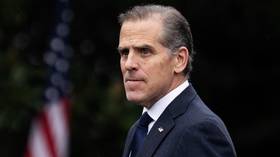
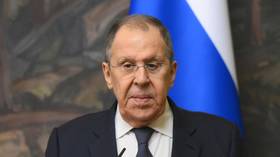
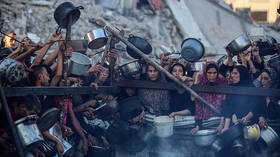
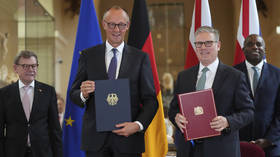

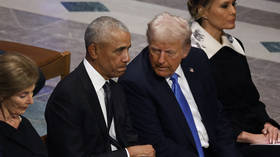
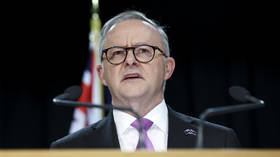



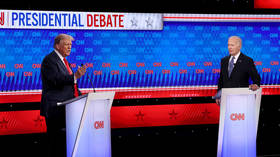
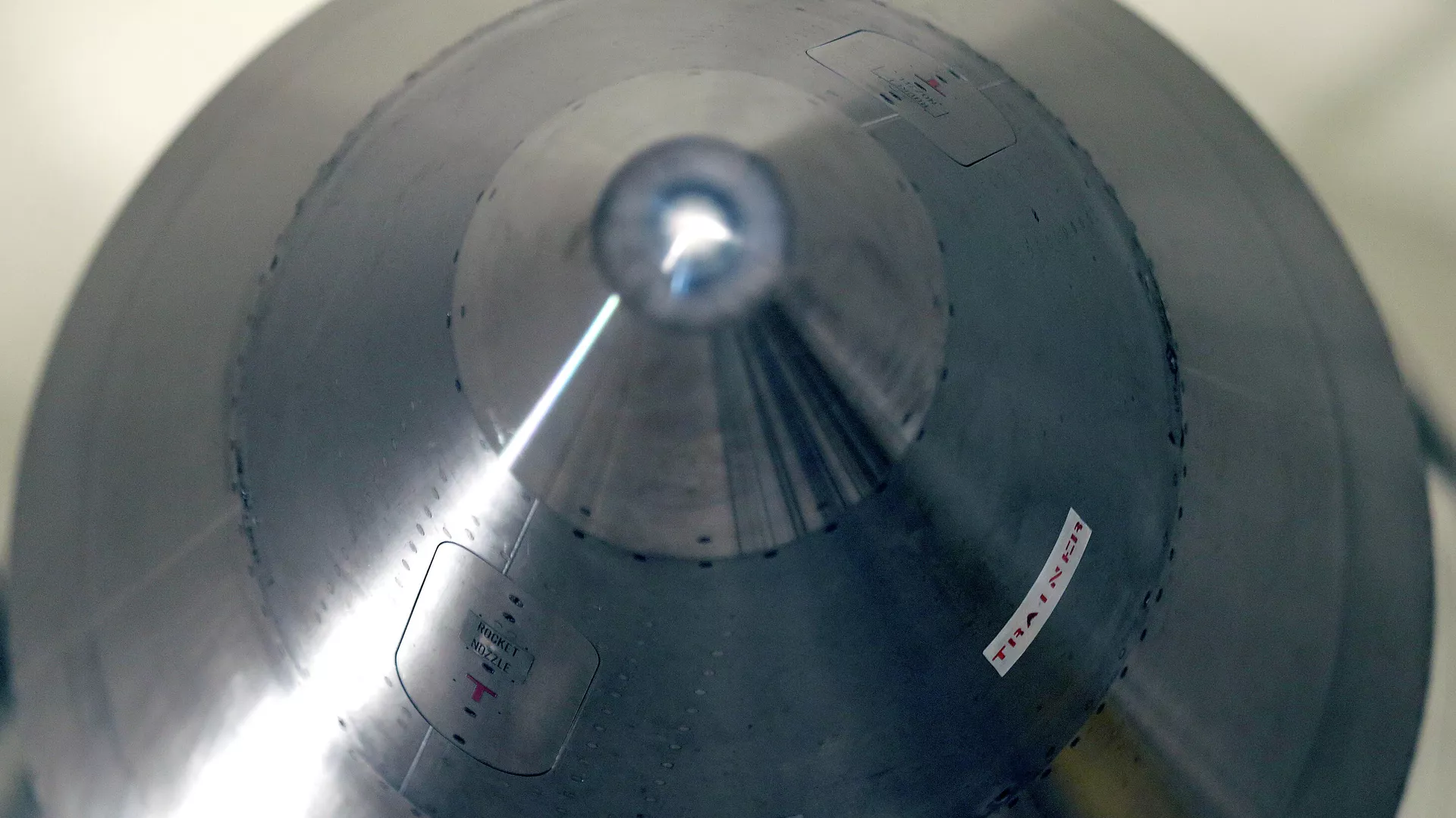
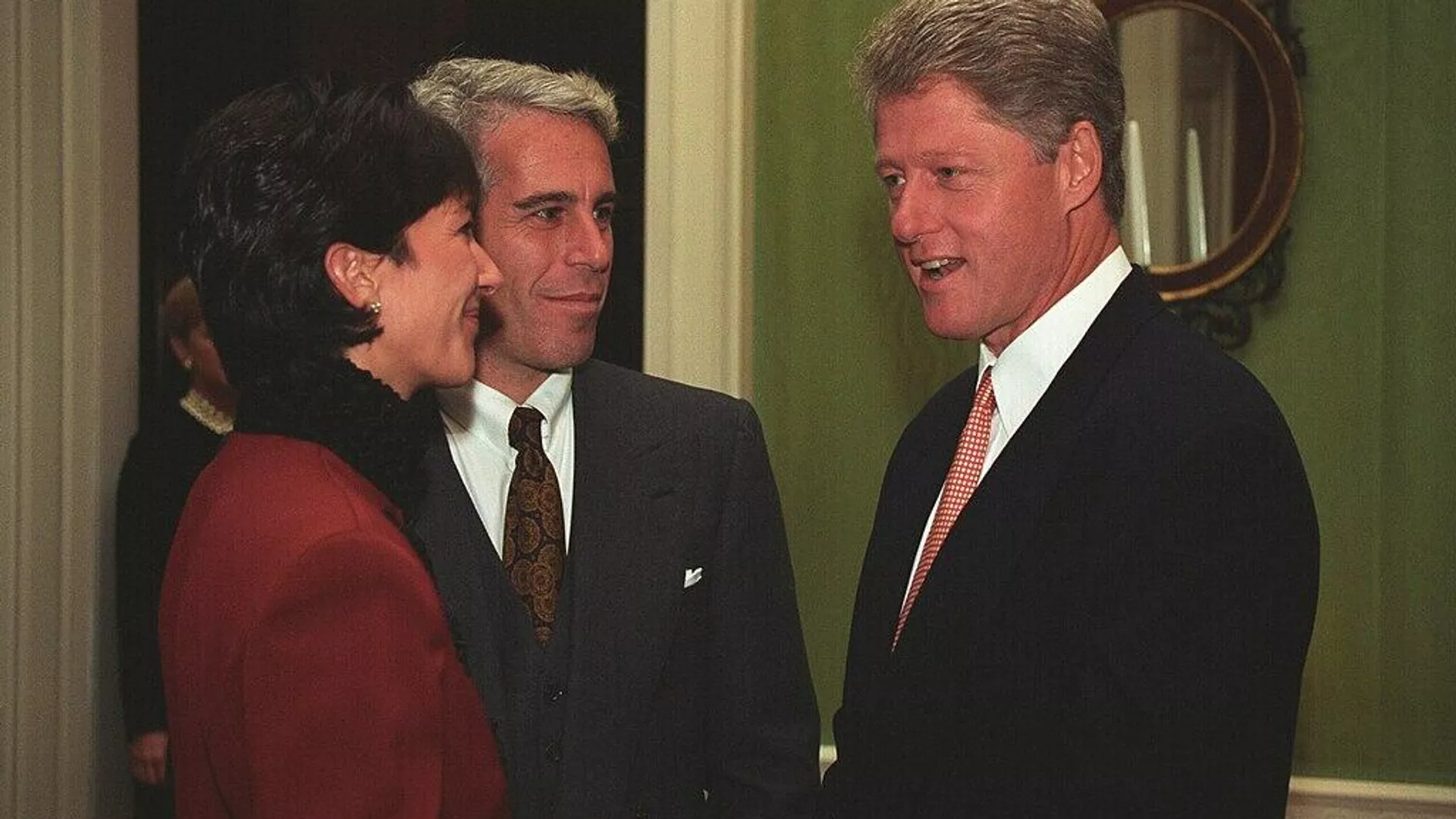
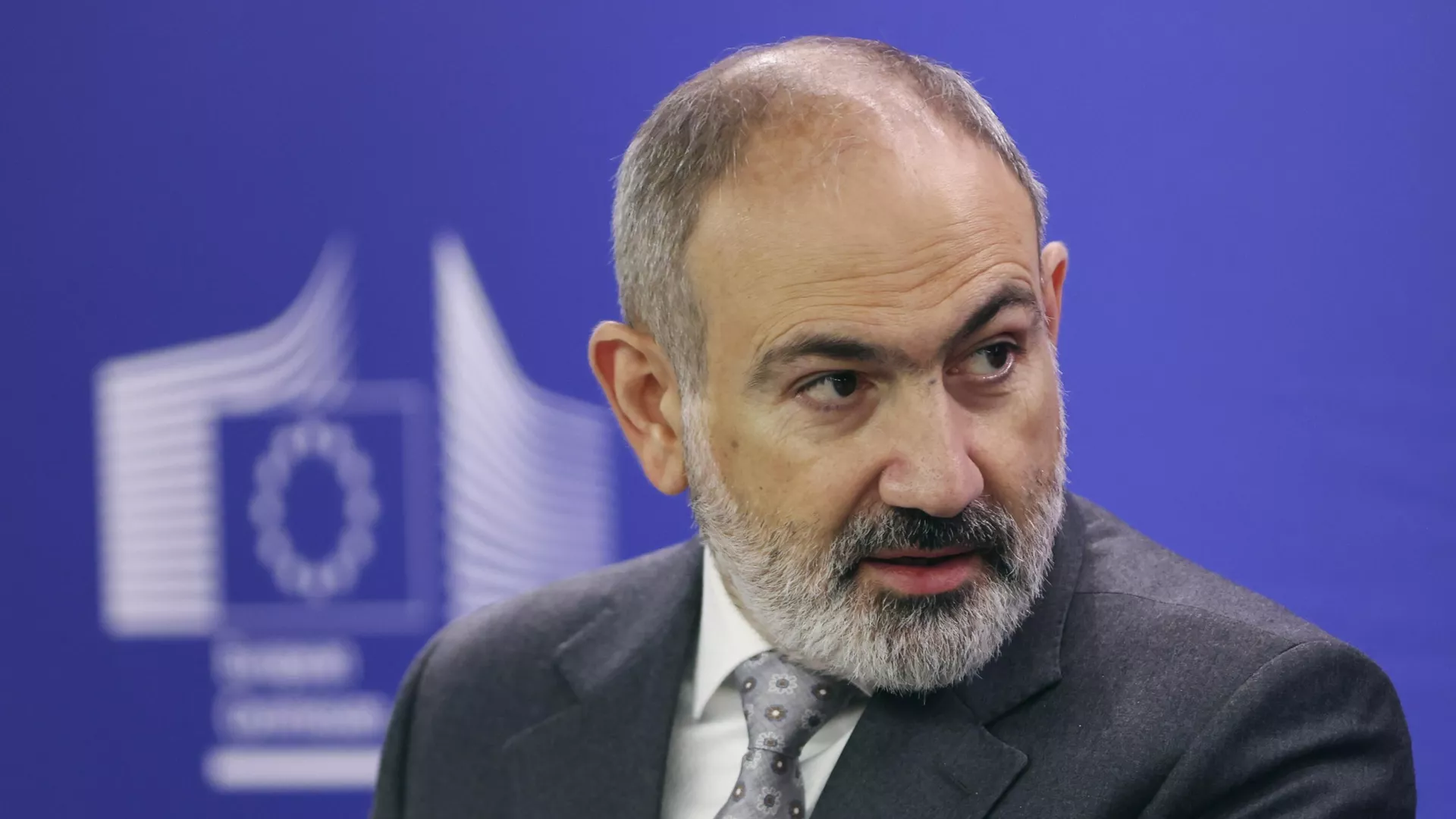




















No comments:
Post a Comment